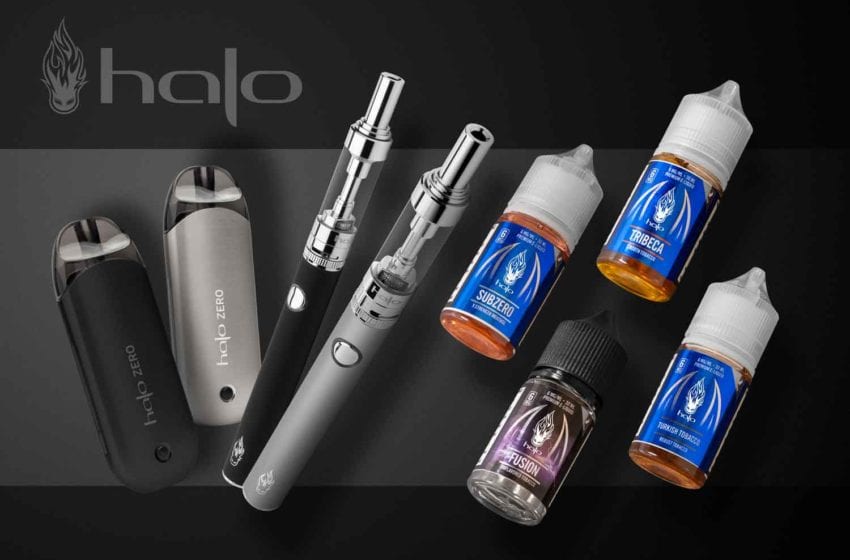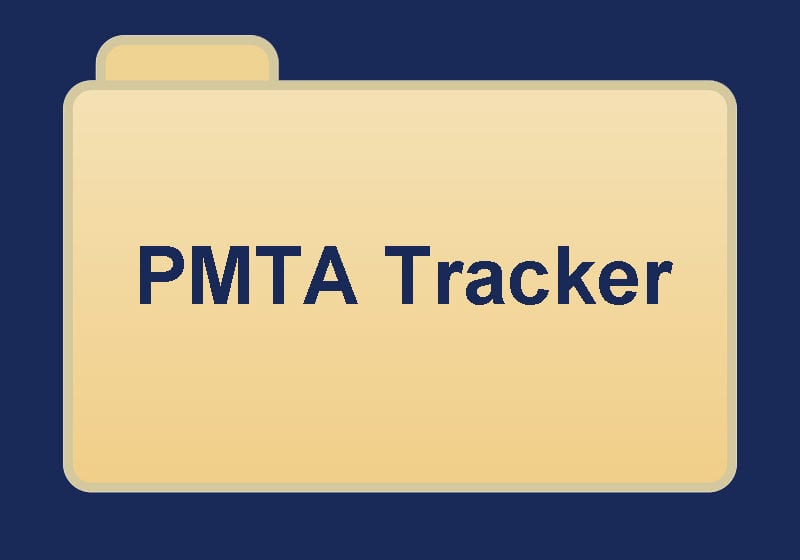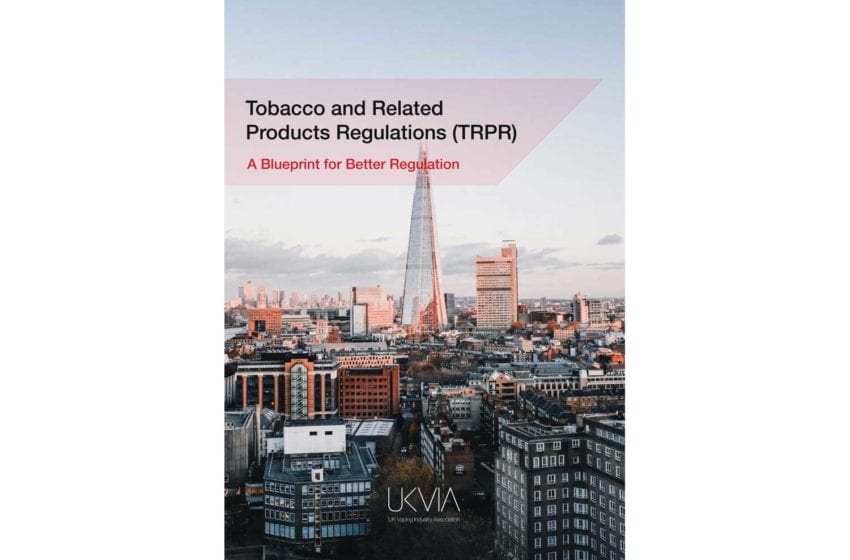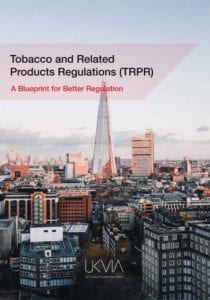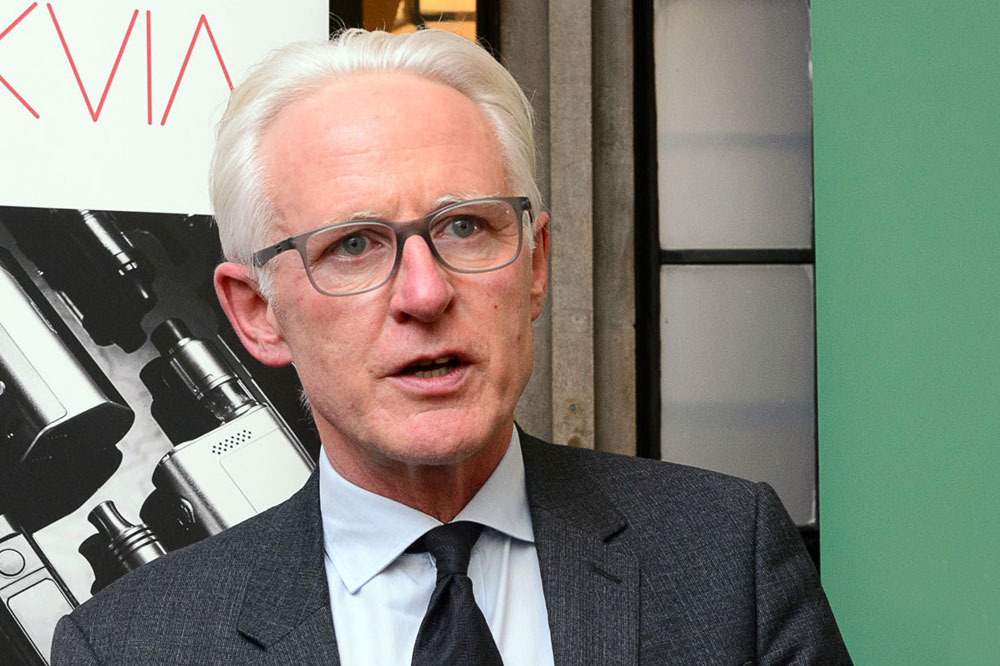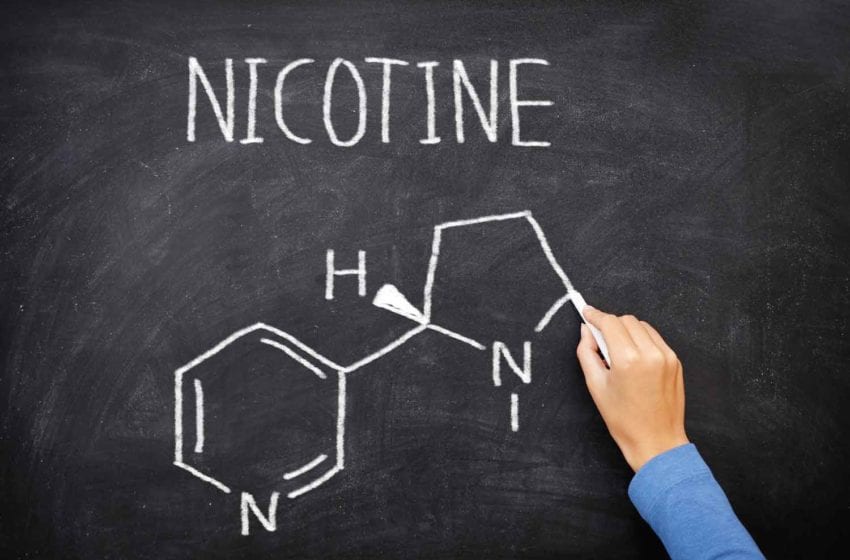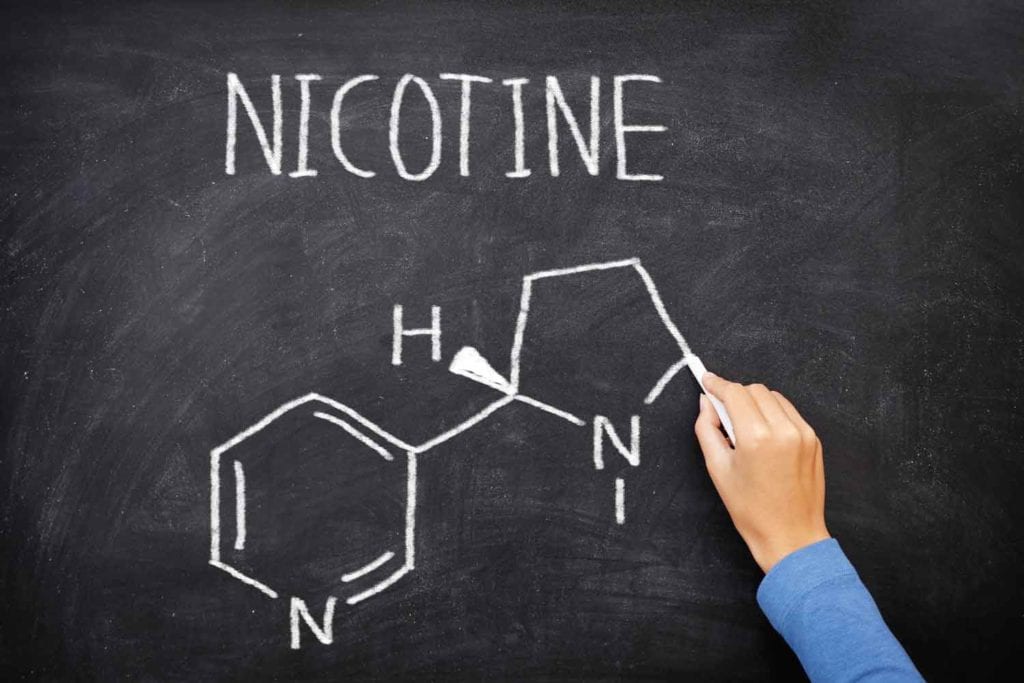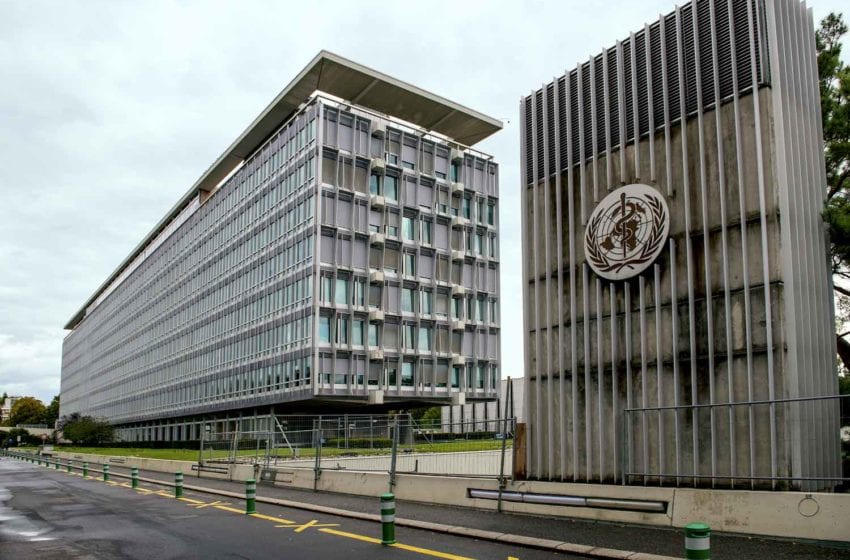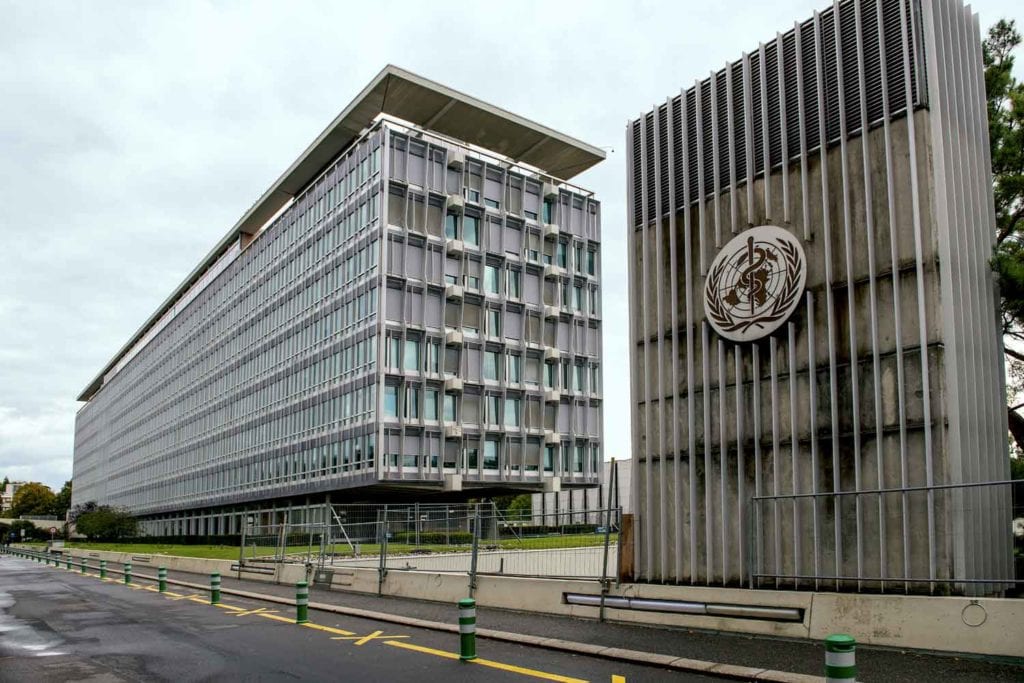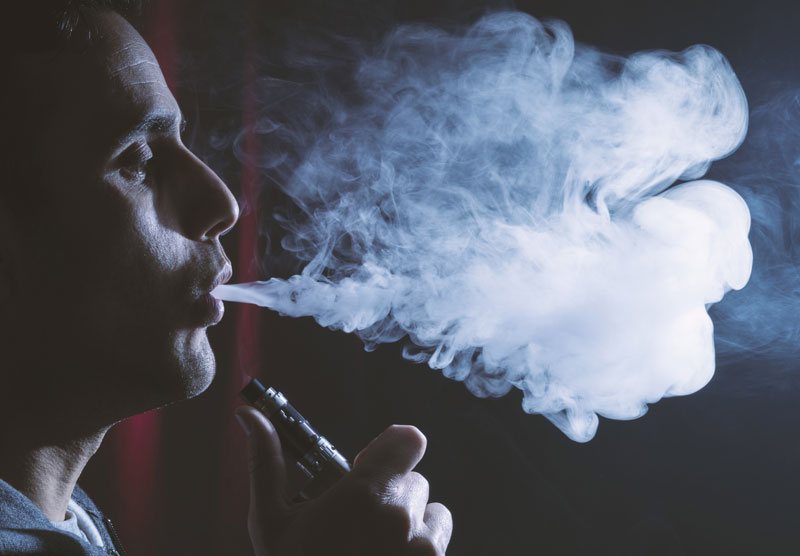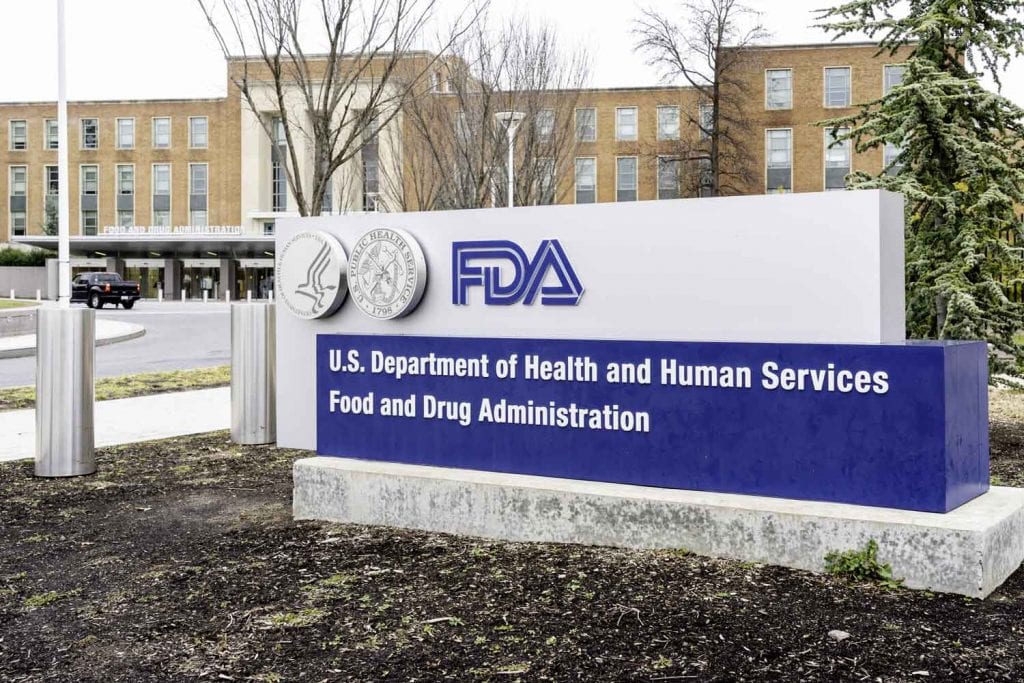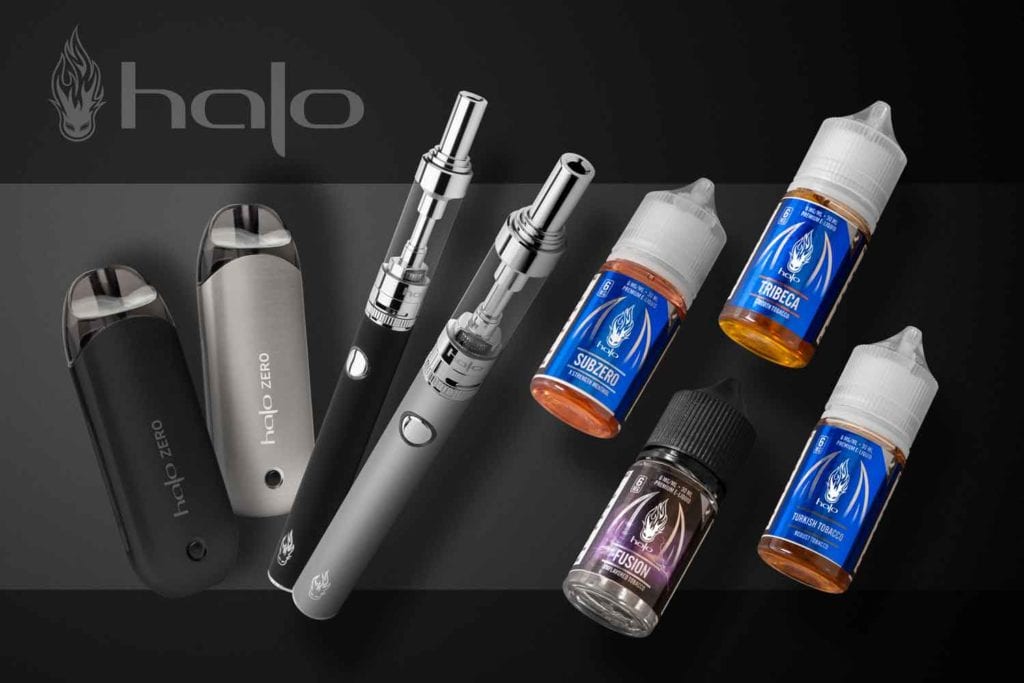
The U.S. Food and Drug Administration has accepted all Halo products’ premarket tobacco product applications (PMTA) for the substantive scientific review phase.
Just over six months after submission, Nicopure Labs’ PMTAs for Halo Turkish Tobacco E-liquid, Halo Triton II Starter Kit, Halo ZERO Starter Kit and all supporting consumable components have been accepted and advanced to the final phase, substantive scientific review, by the FDA.
Halo’s first round of products was accepted and advanced three days after submission.
“Halo’s more than 12 years of commitment to producing the highest quality vaping products available for adult consumers has been our organization’s mission for more than a decade,” said Jeffrey Stamler, co-founder of Nicopure Labs, in a statement.
“We believe in science, and we believe in transparency; we are honored to continue to work with the FDA, and as always, in the best interest of the industry and the most important thing of them all, our loyal customers.”
Halo FDA accepted premarket tobacco product applications include:
- Halo Tribeca Tobacco e-liquid
- Halo SubZero Menthol e-liquid
- Halo Turkish Tobacco e-liquid
- Halo Fusion Unflavored Tobacco e-liquid
- Halo Triton II Starter Kit (and supporting consumable components)
- Halo ZERO Starter Kit (and supporting consumable components)

